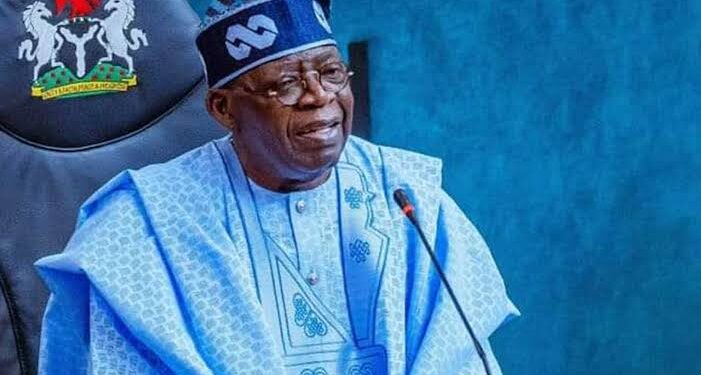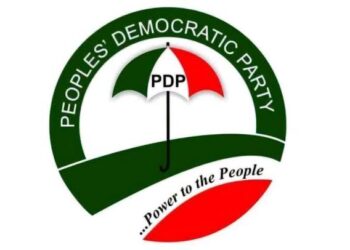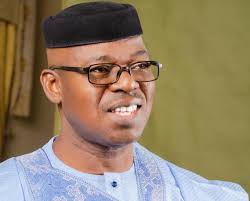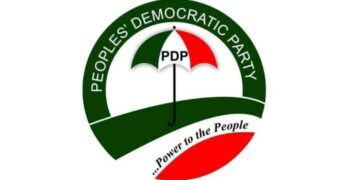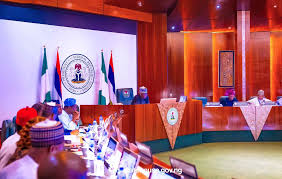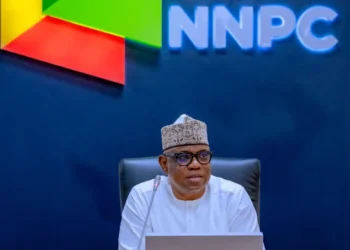President Bola Tinubu officially inducted seven new ministers into his cabinet during a ceremony at the State House’s Council Chamber in Abuja. This development follows the recent Senate confirmation of all seven nominees, each of whom underwent individual screening before receiving legislative approval. The ministers were sworn-in to fill strategic roles within Tinubu’s administration, reflecting the president’s latest adjustments to his team.
The inauguration ceremony saw the ministers taking their oaths in two separate groups. The first group included Idi Maiha, appointed as Minister of Livestock Development; Yusuf Ata, who now serves as Minister of State for Housing and Urban Development; Dr. Suwaiba Ahmad, assigned to the Ministry of State for Education; and Bianca Odumegwu-Ojukwu, named Minister of State for Foreign Affairs. These ministers were introduced by Abiodun Oladunjoye, the State House Director of Information, who provided brief citations for each appointee.
In the second batch, Dr. Jumoke Oduwole took the oath as Minister of Industry, Trade, and Investment, while Dr. Nentawe Yilwatda assumed the role of Minister of Humanitarian Affairs and Poverty Reduction. Muhammadu Dingyadi was also sworn in as Minister of Labour and Employment. This set of appointees is expected to bring expertise and fresh perspectives to their respective ministries, supporting Tinubu’s reform-focused agenda.
The appointments come in the wake of Tinubu’s recent cabinet reshuffle on October 23. During that reshuffle, the President reassigned ten ministers to different roles, dismissed five others, and nominated the seven new ministers who have now officially joined his administration. The changes signal Tinubu’s commitment to strengthening his team and adjusting to current national priorities.
These newly sworn-in ministers will assume their duties immediately, focusing on critical sectors such as education, housing, foreign affairs, trade, and labour. As Tinubu’s administration progresses, the new ministers are anticipated to play significant roles in advancing the government’s initiatives and delivering on key development goals across various sectors.
Further details on their specific mandates and objectives are expected shortly.


